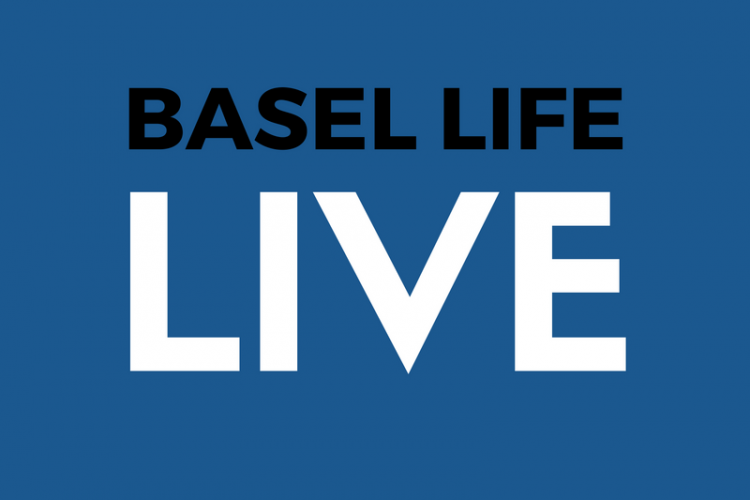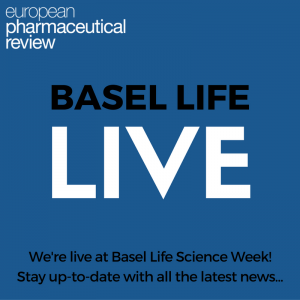Xenikos’ T-Guard trial doses final patient with acute graft-versus-host disease
Posted: 21 September 2016 | | No comments yet
T-Guard has been shown to be well tolerated, with a manageable side effect profile and no severe infusion reactions in patients with acute GVHD…


Xenikos confirmed that the last patient has completed treatment in their Phase 1/2 trial evaluating T-Guard for the treatment of steroid-resistant acute graft-versus-host disease (GVHD).


The Phase 1/2 study is being conducted in Europe and involves 20 patients with acute GVHD for whom treatment with corticosteroids was ineffective.
Patients in the study received four doses of T-Guard , each administered as a four-hour infusion, at 48-hour intervals. Patients are being followed for a period of six months.
Trial endpoints
The primary endpoint in the study is response rate at 28 days. Secondary endpoints include overall survival at 180 days; safety and tolerability are also being evaluated.
Interim results from this study, reported in January 2016, showed strong clinical responses and indicated a substantial improvement over published institutional historical survival rates. T-Guard has been shown to be well tolerated, with a manageable side effect profile and no severe infusion reactions.
“We look forward to presenting the final results from this study in the first half of 2017 and are hopeful that they will reflect the promising interim data we have seen to date,” said Xenikos’s CEO, Ypke van Oosterhout, PhD.
“We currently expect to initiate a randomized, controlled pivotal Phase 2 trial in the second half of 2017 that is expected to support a future regulatory filing for marketing approval in Europe and the US.”
T-Guard
T-Guard is currently in development by Xenikos for the treatment of certain life-threatening immune conditions, such as transplant-related rejection, graft versus host disease (GVHD), acute solid-organ rejection and several severe autoimmune diseases.
T-Guard consists of a combination of two toxin-loaded anti-T-cell antibodies and shows promise as a therapeutic tool for safely and swiftly resetting the body’s immune system in T-cell-mediated diseases.
Once injected into the body, T-Guard specifically identifies and eliminates adult T cells, with a strong preference for the activated ones. The particular combination of immunotoxins used to construct T-Guard was designed to provide a unique blend of synergistic efficacy, narrow specificity and multiple, gentle mechanisms of action. In preclinical testing, T-Guard was shown to be highly effective in killing activated T cells and to act through apoptotic (programmed cell death) mechanisms, which are associated with minimal side effects. T-Guard’s targeted action is believed to leave patients less vulnerable to opportunistic infections when compared to historical controls of institutional standard of care.
In a clinical proof-of-concept study, T-Guard appeared to be well tolerated with strong biological and clinical responses observed. T-Guard has been granted Orphan Drug Designation in both the EU and US.
Graft versus Host Disease (GVHD)
Transplantation of allogeneic (donor-derived) blood stem cells is a widely accepted medical procedure to restore normal blood cell production (hematopoiesis) in patients treated for blood or lymphatic cancers, or otherwise suffering from defective blood formation or immunity.
Today, approximately 30,000 patients worldwide receive allogeneic stem cell transplants every year. Approximately 50% of all blood stem cell transplant patients develop acute GVHD, a complication where donor-derived T cells (immune cells) attack the normal tissues of the patient.
Half of these patients do not respond adequately to standard first-line therapy and have a poor long-term prognosis with severe morbidity and high mortality rates. This number is expected to grow substantially as the number of patients receiving high-risk transplants from unrelated donors is expected to double in the next five years. As of today, there is no approved second-line treatment available.




